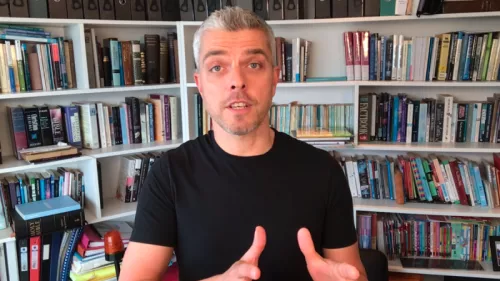Policy proposals
The government has published its proposals for how it intends to ban conversion therapy. The proposals, which are open for consultation until Friday, 10 December, will then be developed into potential new laws to be considered by parliament next year.
At the heart of the proposals are two separate policy initiatives:
1. A ban on physical acts of conversion therapy
This includes all physical acts conducted with the motivation of changing someone’s sexual orientation or gender identity. Physical or sexual violence in this context are already illegal, but these measures would create a new mechanism to enhance the sentence someone convicted receives.
2. A ban on ‘talking conversion therapies’
Making talking conversion a criminal offence if committed against someone under the age of 18 or over 18 who have not consented or due to its vulnerability are unable to do so.
The government is also proposing a range of measures including: protection orders to prevent people being taken overseas for conversion therapy; looking at broadcasting and advertising codes; and disqualification from senior charity roles for anyone found guilty of the above offences.
Defining conversion therapy
The government policy proposal primarily defines conversion therapy as attempts to change someone’s sexual orientation or whether or not they are transgender. However, it also broadens the definition and states that people who practise conversion therapy “may liken feelings of same-sex attraction or being transgender to a defect, deficiency or addiction, and may conduct conversion therapy in an attempt to remedy or control this”. This potentially represents a much wider definition, and we will be pressing the government for clarity.
Protecting religious freedom
The government set out in the policy consultation that it is not their intent for this policy to capture everyday religious practice; the consultation specifically says: “An adult who wants to be supported to be celibate will be free to do so; parents will remain able to raise their children with the values of their faith, and simply expressing the teachings of a religion will not constitute conversion therapy. The government will continue to work with faith communities to develop an approach that is effective in protecting people from harm, whilst also respecting the right to freedom of religion and belief.”
The document goes on to state: “Talking conversion therapy could not be reasonably understood to include communication such as casual conversations, exchanges of views, private prayer or pure speech acts.”
These statements, while welcome, also raise a number of questions: it is not explicitly mentioned how church teaching or pastoral ministry might be affected; it is not clear what is meant by private prayer or pure speech acts; and there are no details in the consultation how any of these intentions will be achieved.
Consent
One of the more intricate aspects of the policy proposal is the creation of a new offence of ‘talking conversion therapies’ if committed against people under 18, without the capacity to consent, or those who haven’t consented. The consultation looks in some detail at the mechanisms by which an adult could be judged to have consented to engage in ‘talking conversion therapies’.
However, the consultation is not at all clear how this will work in practice. One point considers the freedom of adults to consent and uses the framework of the Sexual Offences Act 2003 to set out how this would work.
Coercion and control
A further section then looks at how domestic abuse legislation treats ‘coercive or controlling behaviour’ and then proposes adopting a version of this framework (with a lower threshold) for the creation of the new criminal offence. This would be the first part of a two-part test –first, that there was the presence of coercion or control, and second, a motivation of conversion therapy. But it is unclear how this relates to the issue of consent. We have raised the confusion of these two aspects with the Government Equalities Office and will update our members with any clarification we receive.

